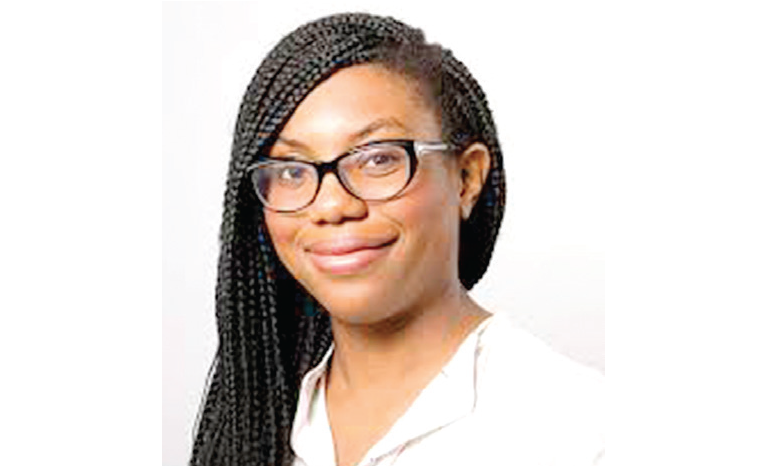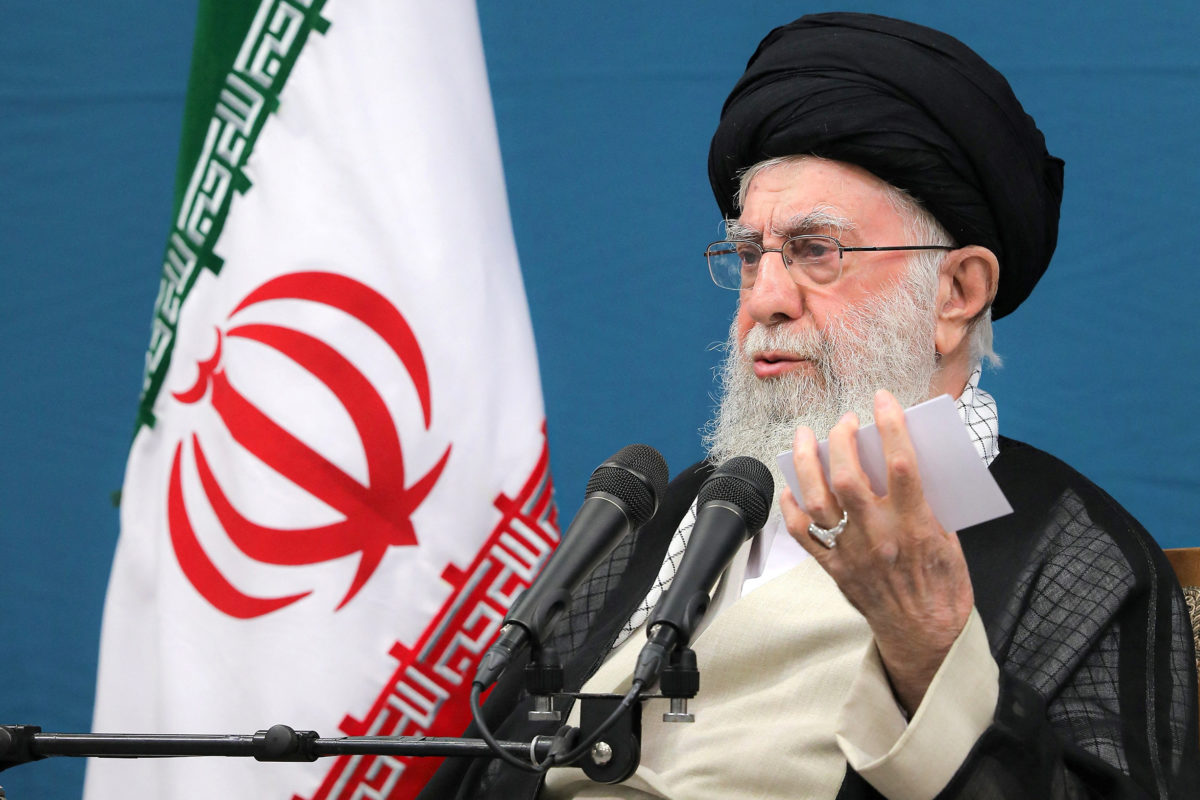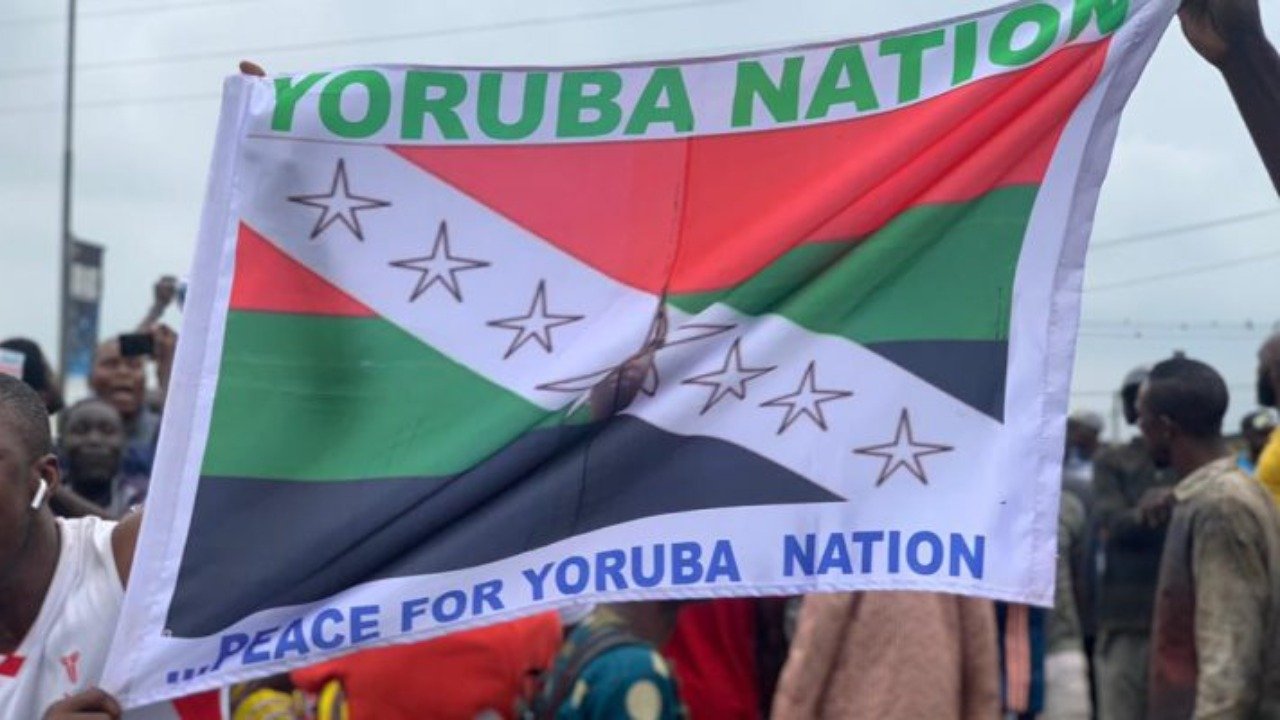By Kayode Emola
There is an Ilaje adage which says, “Mè a fi ówò ohi jù wè ilé bàámi:” “I won’t use a left hand to point at my father’s house”. Traditionally, Yoruba are proud of their heritage, which is why the Yoruba culture has endured thousands of generations, and is waxing stronger still.
When Kemi Badenoch won the contest to become leader of the Conservative & Unionist Party in the UK, many of her Yoruba kinsmen did not congratulate her wholeheartedly, because of the way she had denigrated the country of her parents. Many people thought Kemi’s rejection of Nigeria was a denial of her heritage.
There were very few Yoruba who, like myself, came to her defence. The truth is, she fully embraces her roots, identifying truly with who she really is. In Yoruba parlance, she would be referred to as “Òmó okó,” meaning a true child of her father.
Kemi’s recent spat with the Vice President of Nigeria puts the record straight as to where her allegiance lie. She showed that Nigeria and its corrupt leaders are not worth standing up for, and that her loyalty belongs to her Yoruba heritage. In so doing, she has done a great service to, not only herself and her family, but the entire Yoruba people, and we must appreciate this.
Most of us who hold Nigerian citizenship view it as a symbol of the oppression that prevents us from identifying who we truly are. It entangles us in an identity crisis that we would prefer to not have to face.
For the best part of two years, I have tried to educate people that I am not Nigerian but rather a Yoruba man from West Africa. It is so frustrating when many people ask you where that is on the map, and you must try to explain what should be naturally identifiable.
Yorubaland is geographically bigger than England and Wales put together, with a population that surpasses the combined populations of Wales, Scotland, and Northern Ireland. Yet even though Wales and Scotland are within the country of the United Kingdom, they are recognised as individual nations with their own lands and language.
How much more then should the 60 million Yoruba trapped in Nigeria be able to freely identify as Yoruba, instead of being lumped with peoples of other nationalities? This is the very crux of why Yoruba must become an independent sovereign nation, allowing us to choose our own national identity and destiny as we see fit.
Kemi Badenoch’s recent interview with the Spectator, where she claims she is a Yoruba and not necessarily a Nigerian, clearly shows a woman of virtue who understands the true meaning of identity. I believe that our kinsmen who are holding fast to a country that offers them nothing good are doing a great disservice to their Yoruba heritage.
They should realise the lesson taught by millennia of history, that civilisations can and do go into extinction. The attempts to impose a Nigerian consciousness onto our Yoruba psyche is designed to make us forget who we truly are. Even though the Yoruba civilisation has endured thousands of years, it still risks becoming extinct if we don’t hold dear to what we have.
It is therefore pertinent to note that our goal of disengaging from the country called Nigeria is to protect our Yoruba identity from loss by voluntary commission. I encourage my fellow kinsmen, both at home in Yorubaland and in diaspora, to promote our Yoruba identity and have less to do with the Nigerian nomenclature.
I ask every Yoruba citizen to begin to work hard towards the achieving of a sovereign Yoruba nation. The more we promote our Yoruba identity, the further we distance ourselves from Nigeria and its corruption. In so doing, we can foster a healthy environment for our people in a country that is truly our own.
Oodua a gbe gbogbo wa.


 Boss Of The Week3 days ago
Boss Of The Week3 days ago
 Featured6 days ago
Featured6 days ago
 The Oracle5 days ago
The Oracle5 days ago
 Middle East3 days ago
Middle East3 days ago
 News6 days ago
News6 days ago
 Headline5 days ago
Headline5 days ago
 Opinion3 days ago
Opinion3 days ago
 Islam5 days ago
Islam5 days ago













